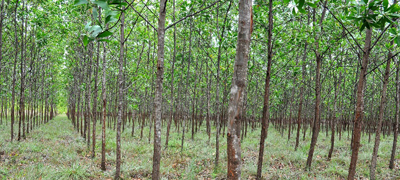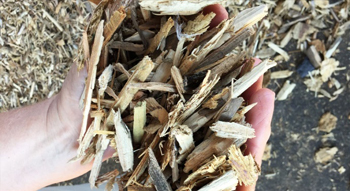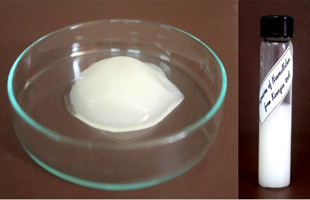 LOS BAÑOS, Laguna – A program on utilizing industrial tree plantation species (ITPS) through nanotechnology has recently been approved for implementation by the Philippine Council for Agriculture, Aquatic and Natural Resources Research and Development of the Department of Science and Technology (DOST-PCAARRD).
LOS BAÑOS, Laguna – A program on utilizing industrial tree plantation species (ITPS) through nanotechnology has recently been approved for implementation by the Philippine Council for Agriculture, Aquatic and Natural Resources Research and Development of the Department of Science and Technology (DOST-PCAARRD).
Titled “Value Addition and Waste Recovery Systems for ITPS: Maximizing the Value of Philippine Industrial Tree Plantation Species through Nanotechnology Interventions and Bioplastic Production,” this PCAARRD-funded program will run for two years with a budget of almost P5 million.
 The program aims to harness recent advances in forest nanotechnology and bioplastics to further add value on Philippine ITPS.
The program aims to harness recent advances in forest nanotechnology and bioplastics to further add value on Philippine ITPS.
Dr. Ramon A. Razal from the Department of Forest Products and Paper Science (DFPPS) of the College of Forestry and Natural Resources (CFNR), University of the Philippines Los Baños (UPLB), leads this program.
The program has two component projects: “Production and Application of Cellulosic Nanocrystals from the Wood and Processing Wastes of ITPS” and “Bioplastics from ITPS: Production, Characterization and Potential Applications.”
The first project, which is also led by Dr. Razal, aims to determine, through nanotechnology, possible new products and applications of nanocellulose from solid wood or waste materials derived from three ITPS (Falcata, Gmelina, and Mangium), which are widely planted in the Philippines.
 On the other hand, the second project, which is led by Prof. Ronniel D. Manalo from DFPPS, CFNR, aims to explore the utilization of lignin obtained as by-product from pulping of ITPS, one of the pre-treatment steps in the production of nanocellulose.
On the other hand, the second project, which is led by Prof. Ronniel D. Manalo from DFPPS, CFNR, aims to explore the utilization of lignin obtained as by-product from pulping of ITPS, one of the pre-treatment steps in the production of nanocellulose.
With the help of nanotechnology, the program hopes to encourage Philippine tree farmers to plant ITPS to further contribute to the country’s rehabilitation and reforestation efforts.
